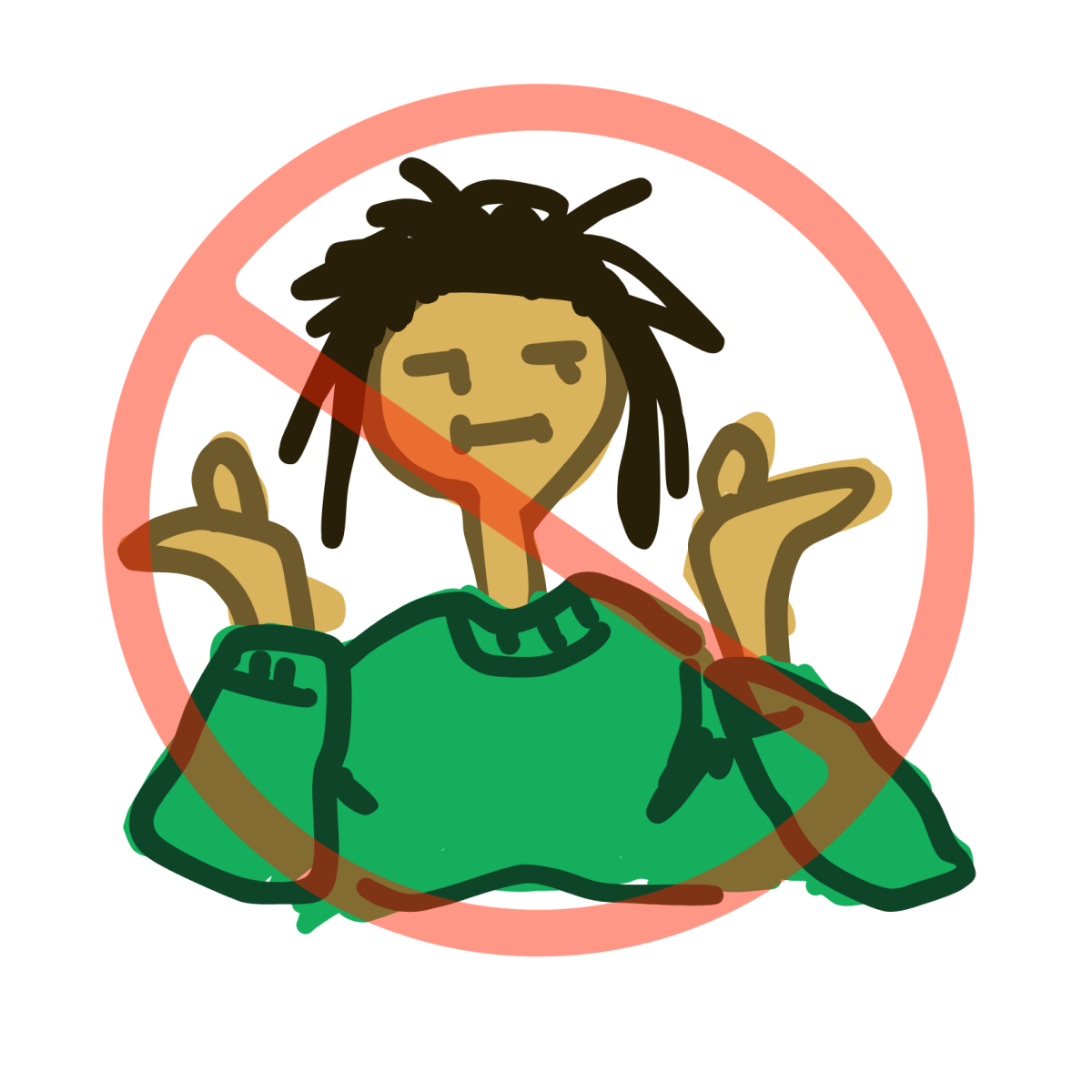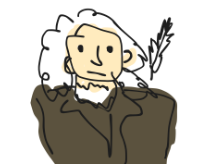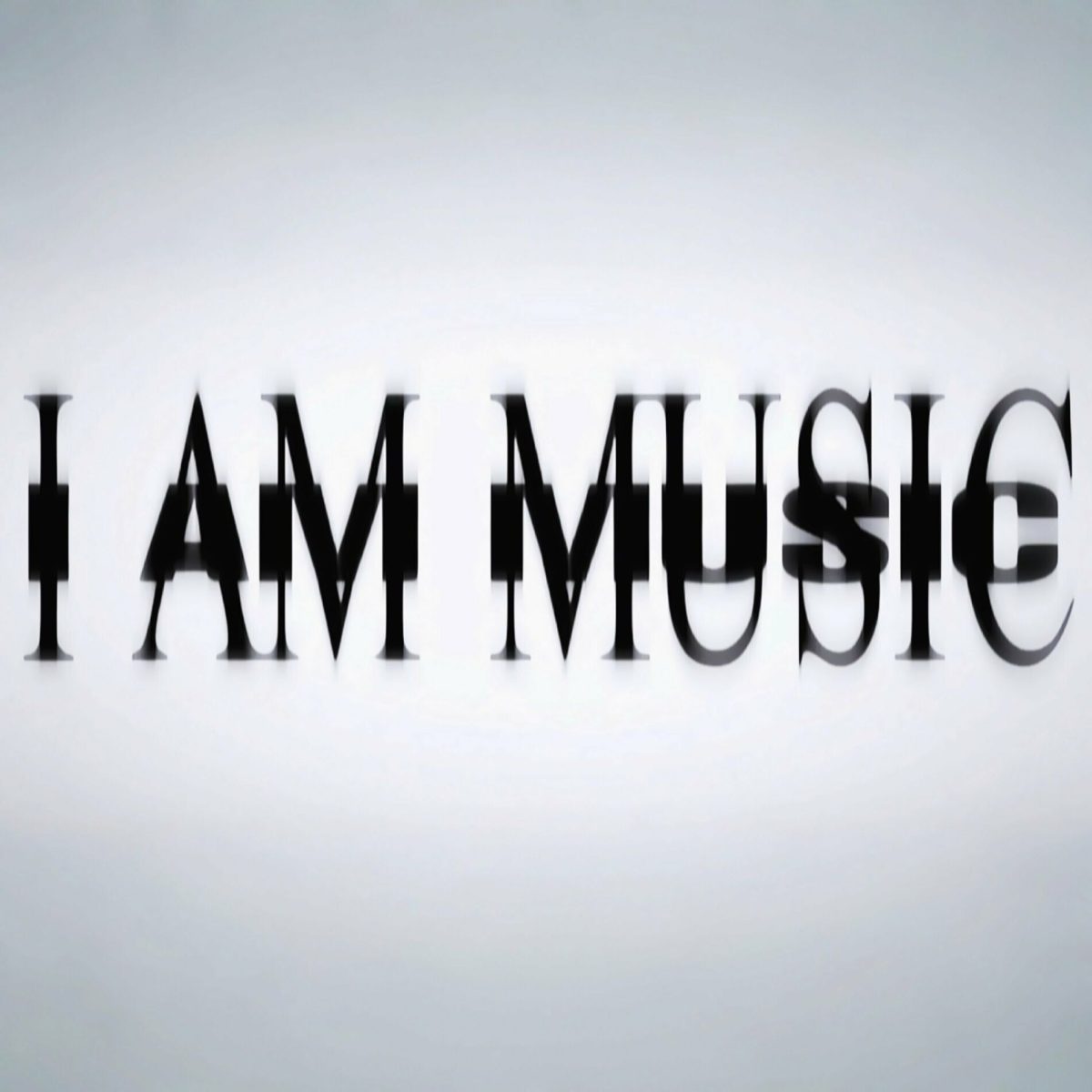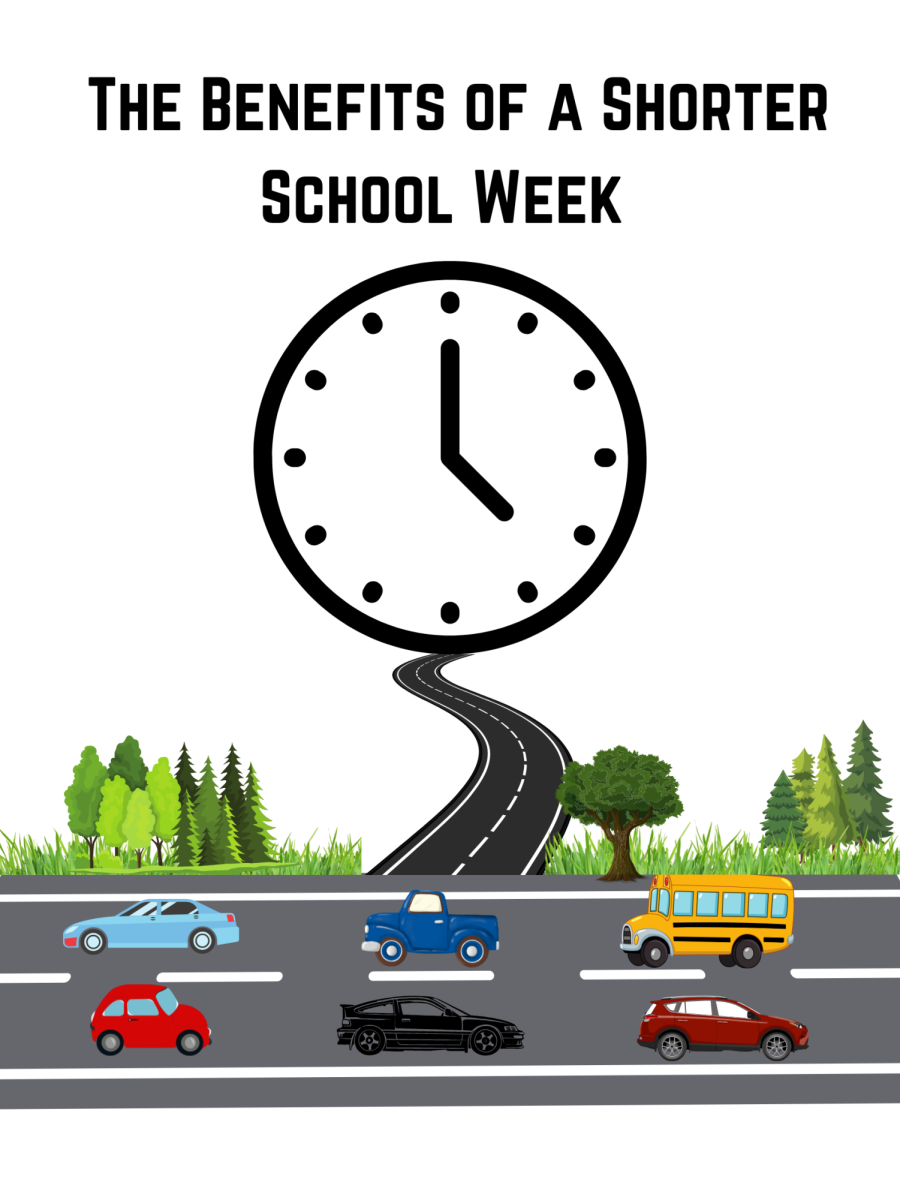Nonfiction, nonexistent, nonsense, nonchalant, one of these words is not like the others. While the first three have an obvious root word that can be separated from the prefix non, meaning “not,” the last is considered an “unpaired word.” Fiction, exist—the root of existent—and sense are all common English words that find their origins in Latin, similar to chalant. But what bars chalant from being found in a Merriam-Webster, Oxford or Cambridge dictionary? Ask a historian or a linguistics professor and they’ll tell you it’s because when the word nonchalant was borrowed from the French—who had adapted the Latin word “calēre”—after the addition of non and English speakers simply never picked up its opposite.
However, this argument is close-minded. New words get added to dictionaries each year. The Oxford English Dictionary, for example, added over 600 words, phrases and sentences in its September 2024 update, including, “geotracking,” “girlboss” and “cyberstalk.” It’s clear that chalant’s absence from the academic lexicon is not a matter of timing or bad luck, but a continuous choice that English speakers make every day.
According to Merriam-Webster, for a word to be added to the dictionary, it must be used by many people who all agree on its meaning. Chalant has a recognizable meaning, as nonchalant has grown in popularity since the 1780s, even encroaching on pop culture. Unfortunately, a consistent and widespread adoption of the word is still missing.
The lack of popularity for chalant is not due to a lack of necessity. The closest synonym would probably be “anxious” or “overzealous,” neither of which express the exact kind of care characterized by chalant. “Anxious” implies a dread or fidgety feeling, whereas “overzealous” ties energy and action into the emotion. This leaves a gaping hole, a niche that could be filled by chalant.
Adding more vocabulary to the English language may seem like a monumental task but with the average 20-year-old knowing 42,000 lemmas, what’s one more word? The lack of chalant, the apparent root of nonchalant is already considered an “accidental gap” in etymology jargon, breaking the pattern by being an unpaired word, so adding it to the average American’s vocabulary would be relatively intuitive. Stop being nonchalant about chalant, start caring about what you say—not just the content, but the language itself.













